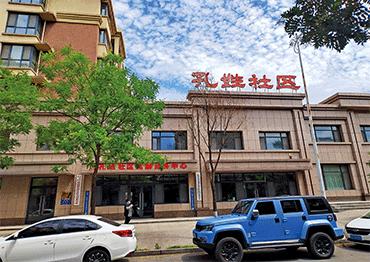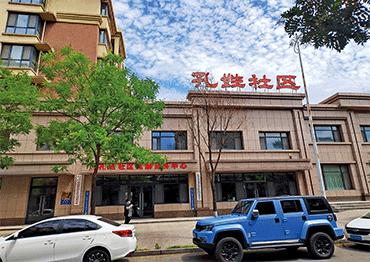Cao’s case reignited concerns over the vast corruption among low-ranking officials. Though community or village officials hold minor titles, they wield significant power over resources, which allows large-scale embezzlement.
Numerous reports have exposed similar cases. For instance, over 10 years ago, Hao Pengjun, former Party secretary of a county coal bureau in Shanxi Province, was sentenced to 20 years in prison for corruption and bribery involving more than 300 million yuan (US$42.3m). In 2011, Luo Yaping, former director of a district bureau in Fushun, Liaoning Province, was executed for embezzling 145 million yuan (US$20.5m) from land requisition projects.
The CCDI said that Luo absconded with residents’ compensation funds, describing the corruption case as involving “the lowest-ranking official and the biggest amount of money in the meanest way.”
More recently, in 2021, Li Jianping, a district-level Party secretary in Hohhot, Inner Mongolia Autonomous Region, embezzled and took bribes of over 3 billion yuan (US$423.3m) from construction and land requisition projects between 2006 and 2016. He was sentenced to death.
In an interview with the CCDI, Bao Rengui, director of the discipline inspection committee of Wushan County, Chongqing, warned that corruption risks are rising in rural revitalization projects.
Money-related projects are consistently the biggest cause of corruption. Reviewing similar major cases over the past two decades, NewsChina found the majority of corrupt officials, though low-ranking, were responsible for resource allocation. This included approving construction projects, managing resettlement initiatives or overseeing a department’s public funds.
“Construction and civil affairs are where lower officials’ large-scale corruption is most concentrated,” read an August commentary published on newspaper Jiefang Daily’s WeChat account. “Low ranking does not mean less power. In fact, it can mean greater power if tied to resource allocation,” the piece continued, citing the 2015 case of Xu Yueming, a former accountant with the Electricity Power Bureau of Hangzhou, Zhejiang Province. Xu embezzled 5.9 million yuan (US$800,000) from electricity fees intended for street lighting.
“Behind something as simple as street lighting lies millions in expenses,” read the commentary. “Since the whole city needs thousands of lights, all requiring daily maintenance, electricity and advertising rentals... bribery can occur at nearly every stage.”
This was supported by a 2016 survey by the Municipal People’s Procuratorate of Zhenjiang, Jiangsu Province, which found more than half of local official corruption cases involved county or village officials in charge of civil affairs, including new village construction, land requisition, resettlement and healthcare allowances.

 Old Version
Old Version
